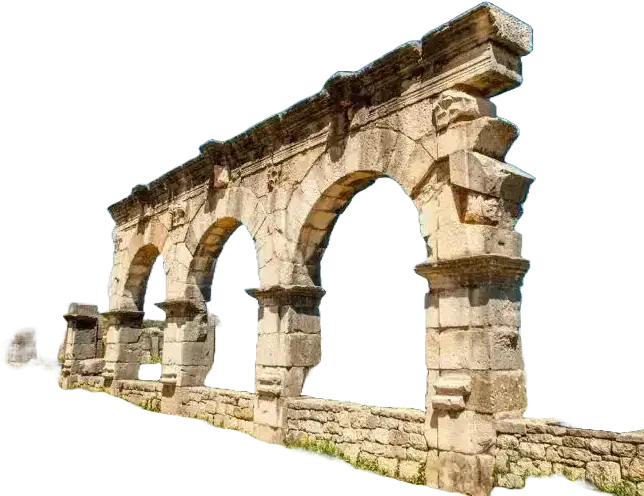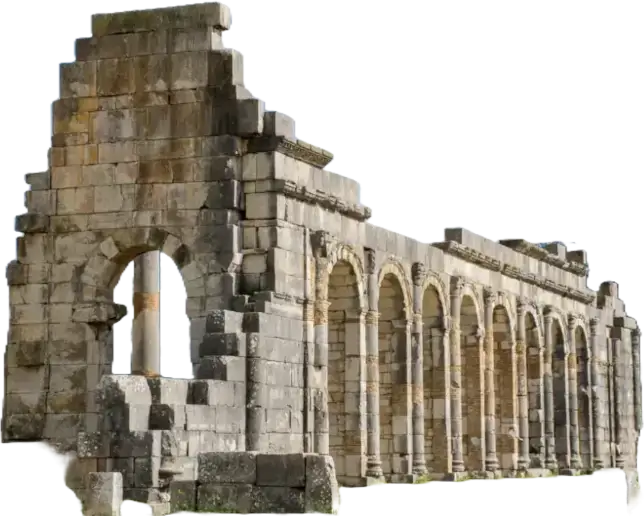The Attack on the US Consulate, Emerging Signs of Jihadist Sentiment in Libya, The CTC Sentinel
On September 11, 2012, armed militants attacked the U.S. Consulate in Libya’s eastern city of Benghazi, resulting in the deaths of four U.S. Foreign Service members, including U.S. Ambassador to Libya Christopher Stevens. The Benghazi incident was preceded by other manifestations of extremist violence in Libya, such as earlier attacks on Western diplomatic facilities and personnel, a violent assault on the Tunisian Consulate in Benghazi in protest of an art exhibit in Tunisia, and the destruction of Sufi shrines throughout the country that Salafists had deemed un-Islamic. These incidents suggest that violence in Libya is evolving from predictable militaristic violence characteristic of guerrilla warfare to now include Salafi-jihadi terrorism.


